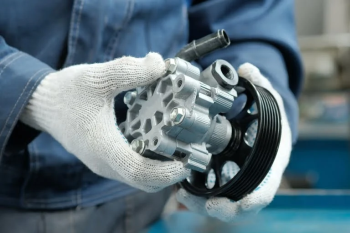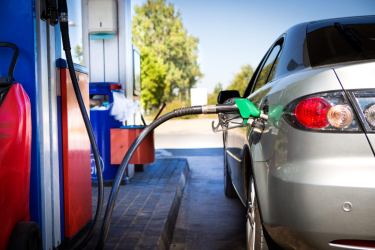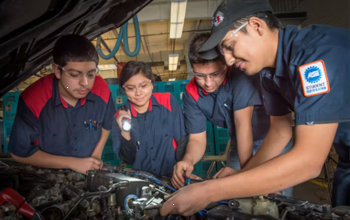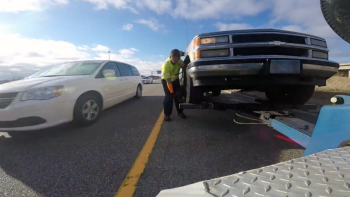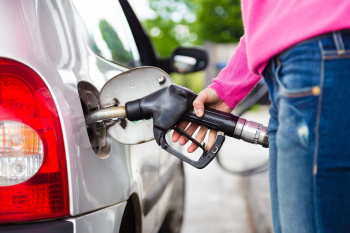Proper Child Restraints in Vehicles Can Save Lives! | Good Works Auto Repair
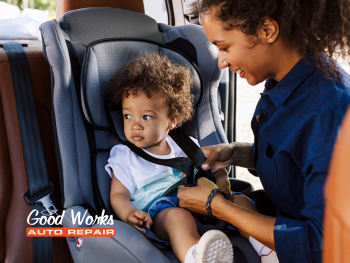
Did you know that around 43% of children that die from car accidents do so because they weren’t properly restrained? Sometimes, the only good thing that comes from a very unfortunate situation is the possibility that the story will help prevent it from happening to someone else. That’s exactly why we’re sharing with you today the top reasons why proper child restraints in vehicles are so important.
In 2022, a child died in Virginia after being run over by the vehicle she was seated in – unrestrained. When the door was opened by another passenger, the young child fell out of the vehicle. According to the news reports, the police said the driver “immediately got out of the vehicle while the SUV’s transmission was still in drive, causing it to roll over the child.” This is an unfortunate situation that could have clearly been prevented from the start.


